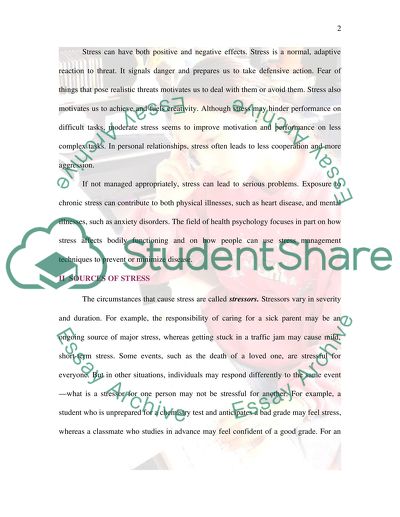Cite this document
(“Stress Master Essay Example | Topics and Well Written Essays - 1500 words”, n.d.)
Retrieved de https://studentshare.org/psychology/1517872-stress-master-essay
Retrieved de https://studentshare.org/psychology/1517872-stress-master-essay
(Stress Master Essay Example | Topics and Well Written Essays - 1500 Words)
https://studentshare.org/psychology/1517872-stress-master-essay.
https://studentshare.org/psychology/1517872-stress-master-essay.
“Stress Master Essay Example | Topics and Well Written Essays - 1500 Words”, n.d. https://studentshare.org/psychology/1517872-stress-master-essay.


